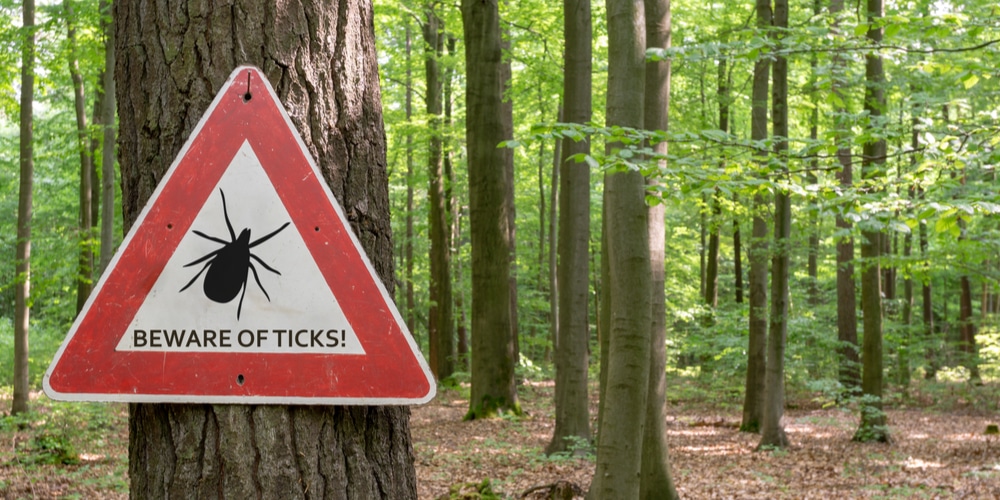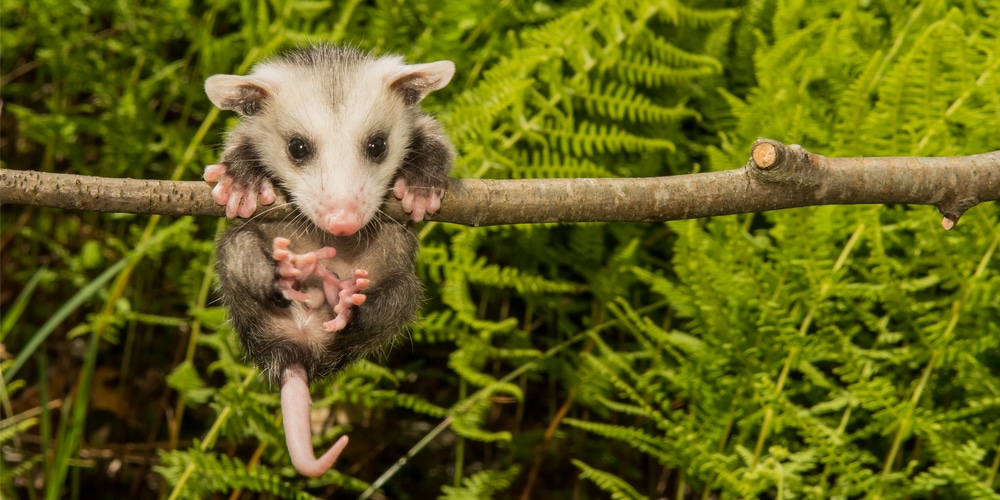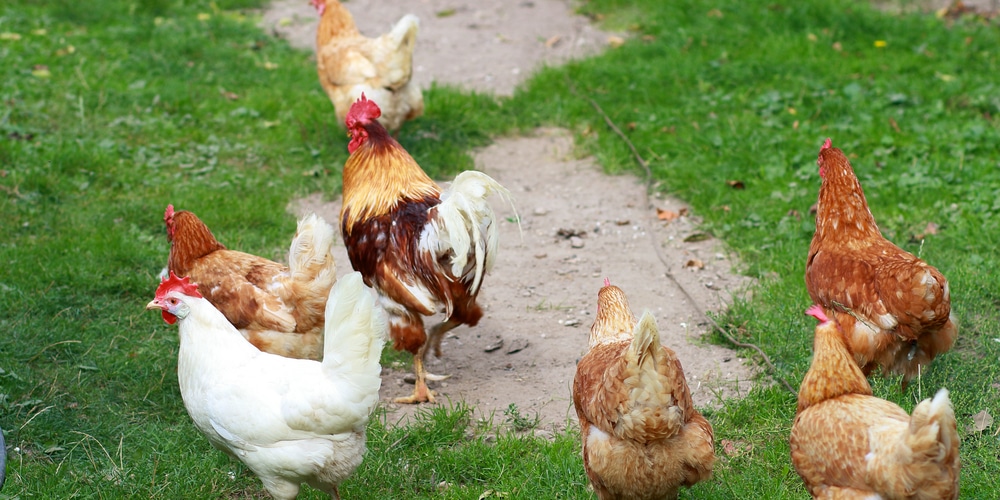What eats ticks? This question may have crossed your mind if you’ve had the unfortunate experience of finding a tick on your skin.
The answer, it turns out, is quite complex.
There are all sorts of predators in the tick world, and they play an essential role in helping to keep tick populations under control.
In this blog post, we’ll take a closer look at some of the predators of ticks and explore how they help to keep this pesky pest in check.
So what eats ticks? Let’s find out!
Ticks: What Are They?
Ticks are tiny arachnids that live by feeding on the blood of mammals, birds, and sometimes reptiles and amphibians. Usually found in wooded or brushy areas, they attach themselves to their host by burrowing their head into the skin.
Ticks can transmit several serious diseases, including Lyme disease, Rocky Mountain spotted fever and tularemia. Protecting yourself from ticks is essential to recognize and remove them safely.
In addition, ticks can cause an allergic reaction in some people, leading to symptoms such as swelling, redness, and itching. Ticks are most active during the spring and summer but can be active year-round in warmer climates. Several ways to prevent tick bites include using insect repellent and wearing long sleeves and pants when outdoors.
If you find a tick on your body, removing it carefully and promptly to reduce the risk of disease transmission is essential. The best way to do this is to use a pair of tweezers to grasp the tick by the head and pull it straight out.
Avoid crushing the tick’s body, as this can release infectious fluids into your skin. Once the tick is removed, clean the area with soap and water. If you develop a rash or fever within a few weeks of being bitten by a tick, be sure to see a doctor for treatment.
Natural Predators Of Ticks
Ticks are small, parasitic creatures that feed on the blood of their host. They are found all over the world and can pose a serious threat to humans and animals. Fortunately, several natural predators help to keep tick populations in check.
Opossums
Opossums are experts at tick control. A single opossum can eat up to 5,000 ticks in a season! That’s because opossums are natural predators of ticks.
Ticks are tiny, hard-bodied parasites that attach themselves to the skin of their host and feed on their blood. Opossums are especially good at finding and eating ticks because they have a keen sense of smell.
In addition, opossums have a unique behavior called “quantum grooming.” This is when an opossum licks its fur and then shakes its body vigorously, dislodging any ticks that may be attached. By keeping tick populations in check, opossums play an essential role in protecting the health of both humans and animals.
Chickens
Chickens are often considered harmless farm animals, but they can be quite effective predators of ticks. Chickens will eat just about anything, including insects and small reptiles. This makes them particularly adept at hunting down ticks, often hiding in grassy areas.
In addition to being skilled hunters, chickens also have a strong immune system that helps to protect them from the diseases that ticks can carry. As a result, having chickens on your property can help reduce ticks and lower the risk of tick-borne illnesses.
Birds
It’s common knowledge that birds prey on insects, but did you know that they can also help control the population of ticks?
Many species of birds are natural predators of ticks and will happily feast on them. In addition, birds can help to spread tick-killing parasites, further reducing the population. As a result, birds can significantly impact tick populations and help keep them under control.
Frogs And Toads
Frogs and toads are often considered pests, but they can benefit humans in many ways. For example, frogs and toads are natural predators of ticks.
In addition, frogs and toads eat various other insects that can damage crops or spread disease. As a result, they play an important role in helping to protect our food supply and keep us healthy. It is clear that frogs and toads are more than just slimy critters – they are helpful allies in the fight against disease and pests.
Chipmunks And Squirrels
Chipmunks and squirrels are natural predators of ticks they are both known to eat large numbers of ticks. These small rodents are constantly searching for food, and their agile bodies make it easy for them to move through dense vegetation where ticks are common.
In addition, their sharp claws and teeth allow them to dispatch any ticks they find quickly. These animals typically have a wide range of territory, meaning they can help control tick populations over a large area.
Conclusion
So, what eats ticks? Various animals including many different birds, reptiles, amphibians, and mammals. Some of these predators specialize in eating ticks, while others simply opportunistically consume them when they encounter them.
These predators play an important role in keeping tick populations in check and preventing them from becoming a nuisance or a health hazard to humans and other animals.




